Get evidence-based treatment for drug and alcohol addiction in a home-like environment.
Get evidence-based treatment for drug and alcohol addiction in a home-like environment.
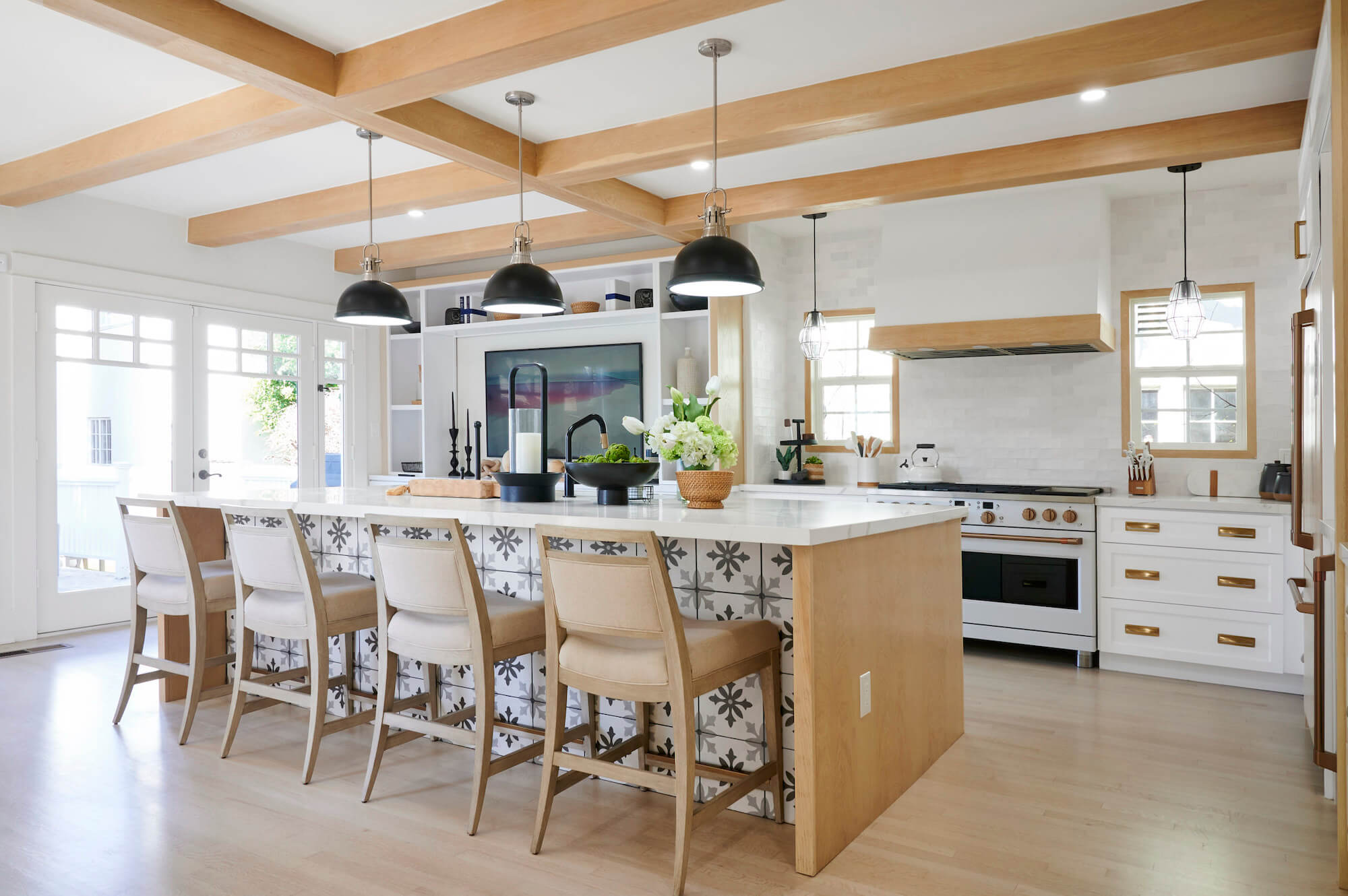
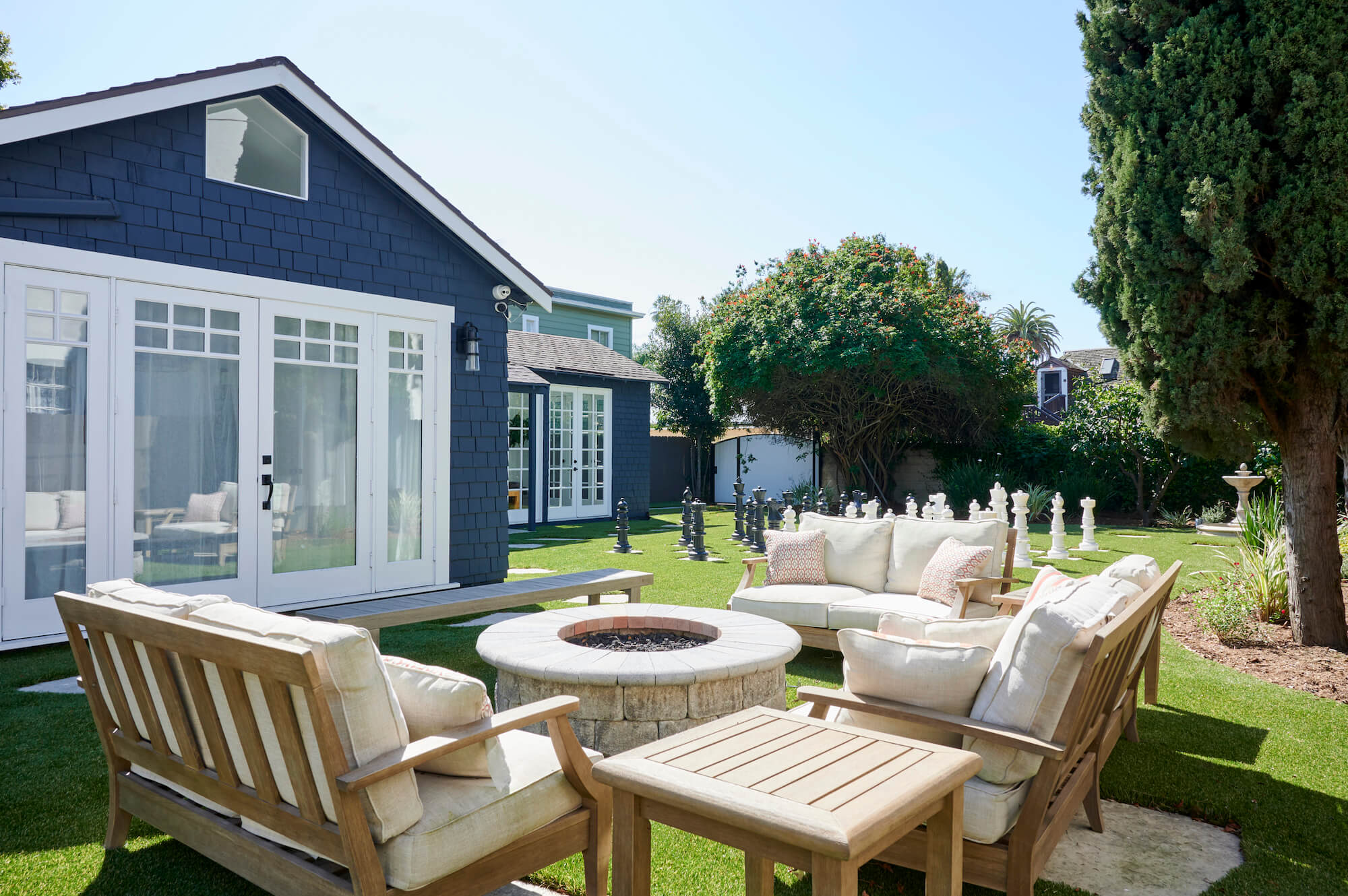

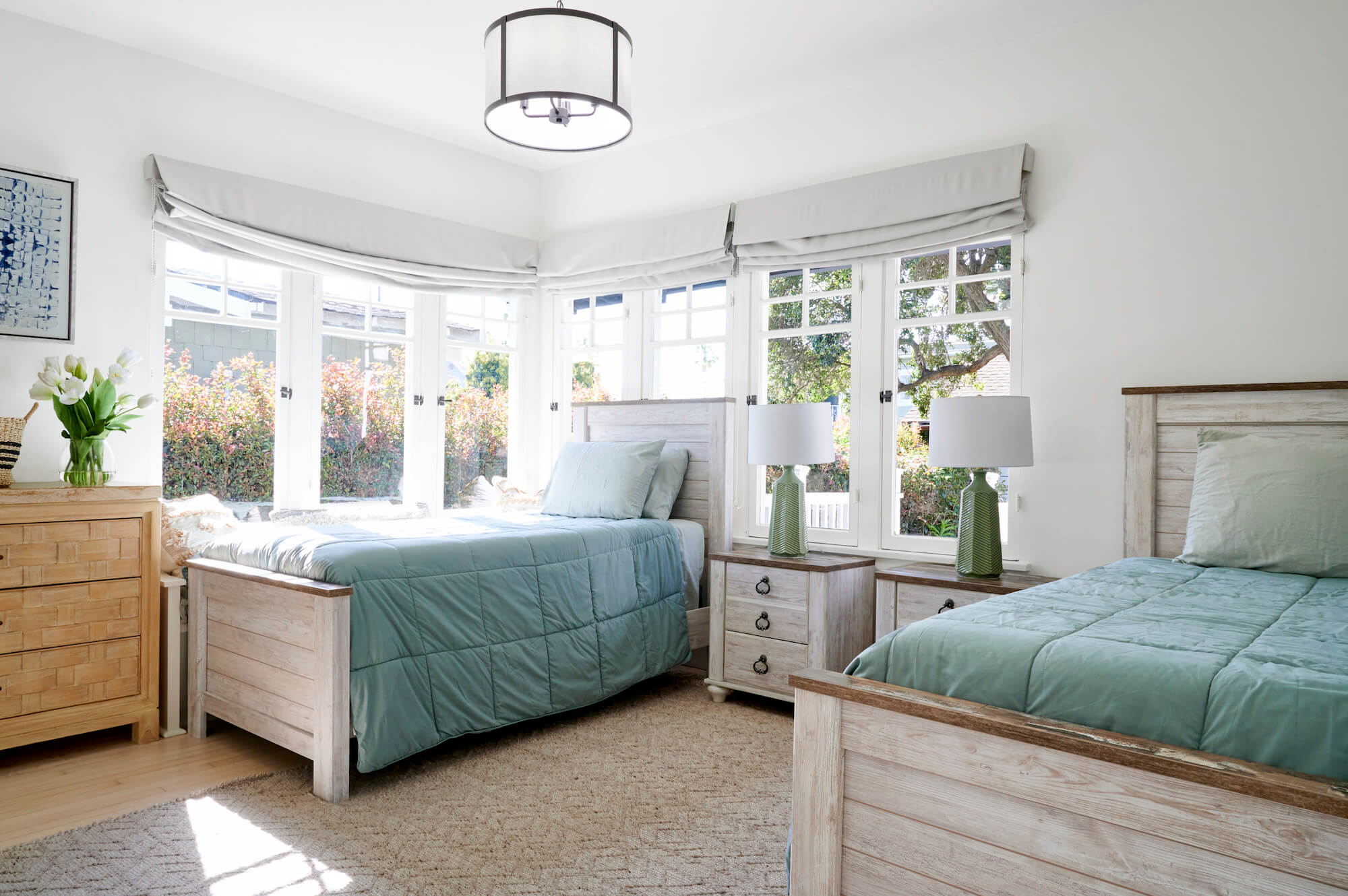
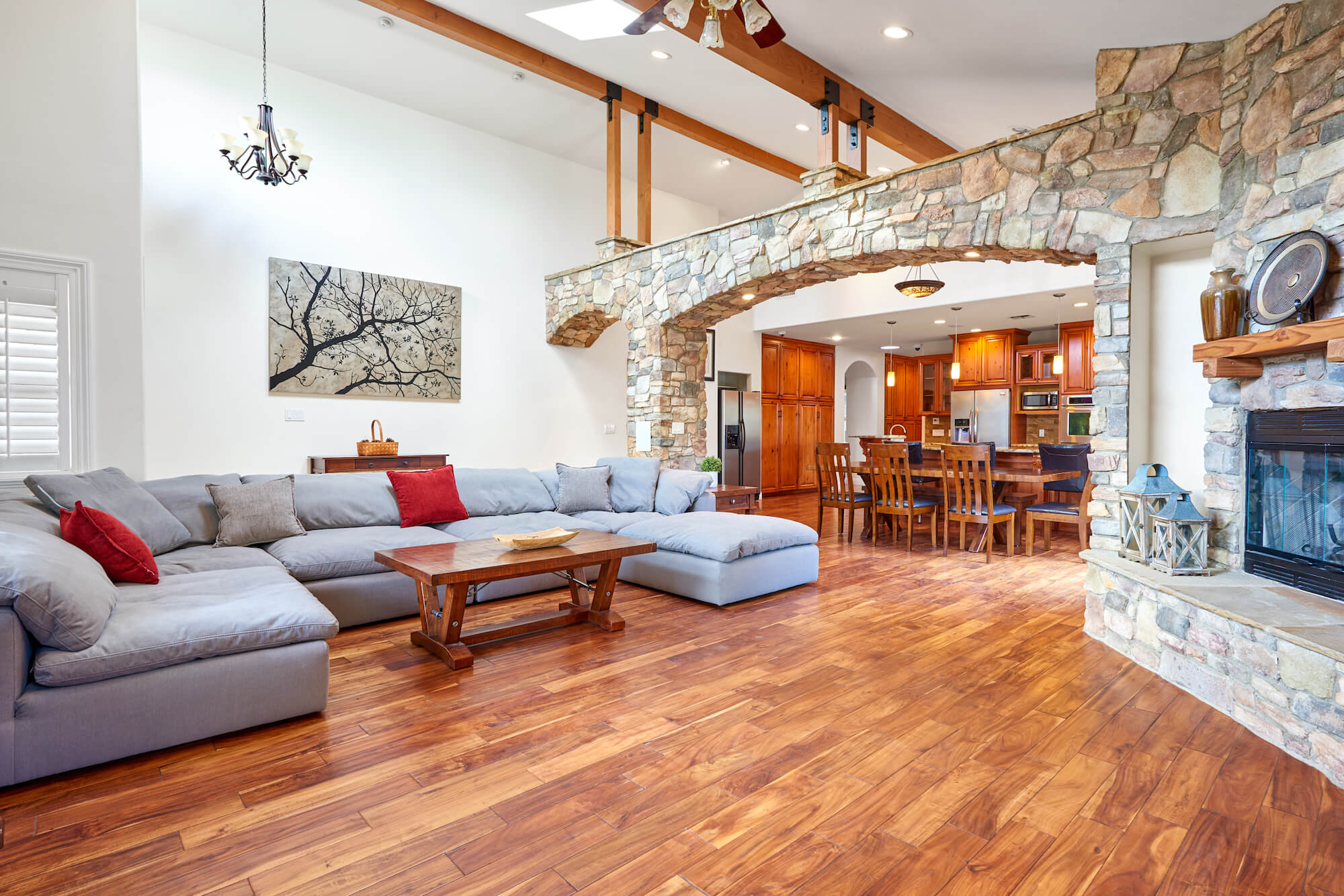
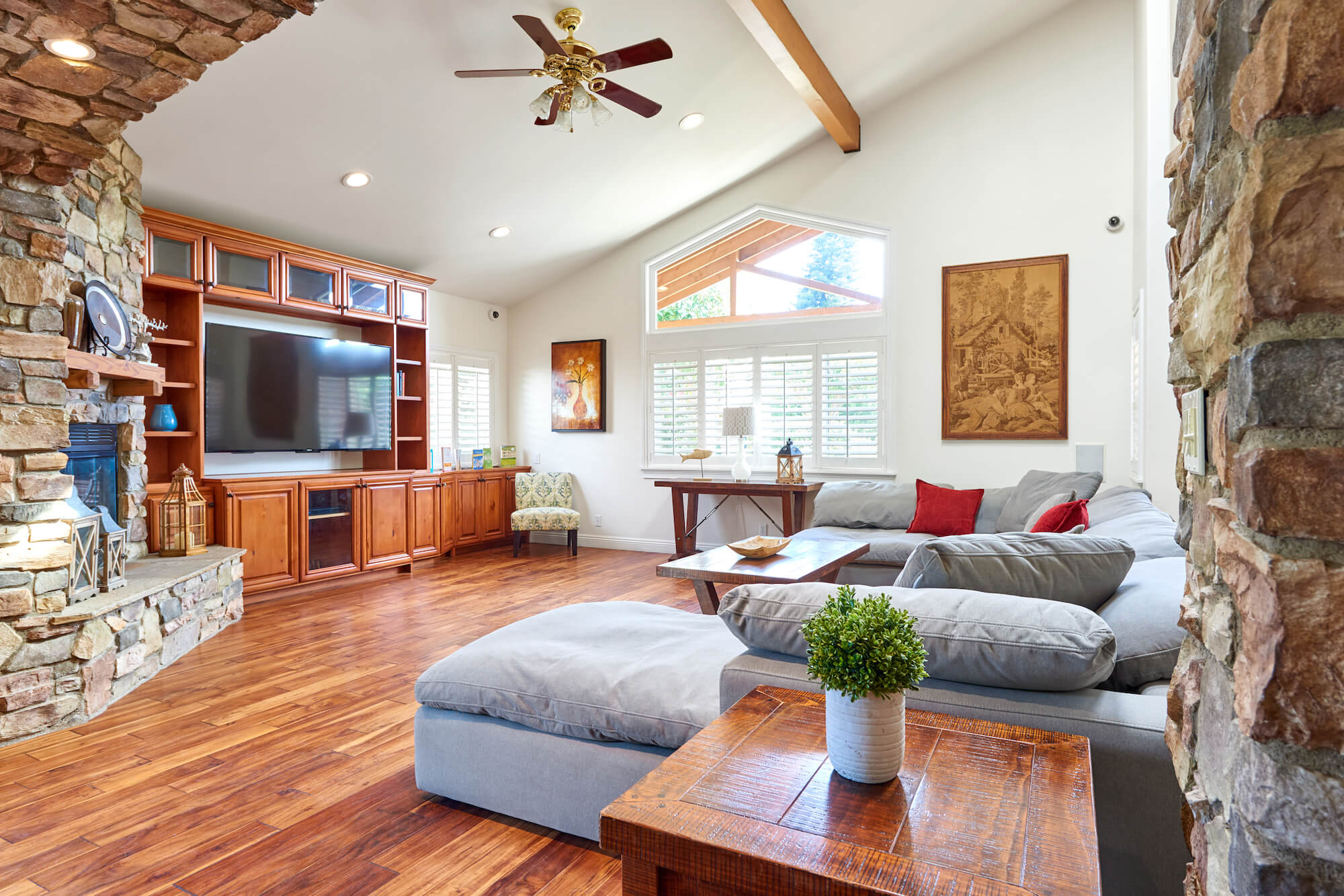
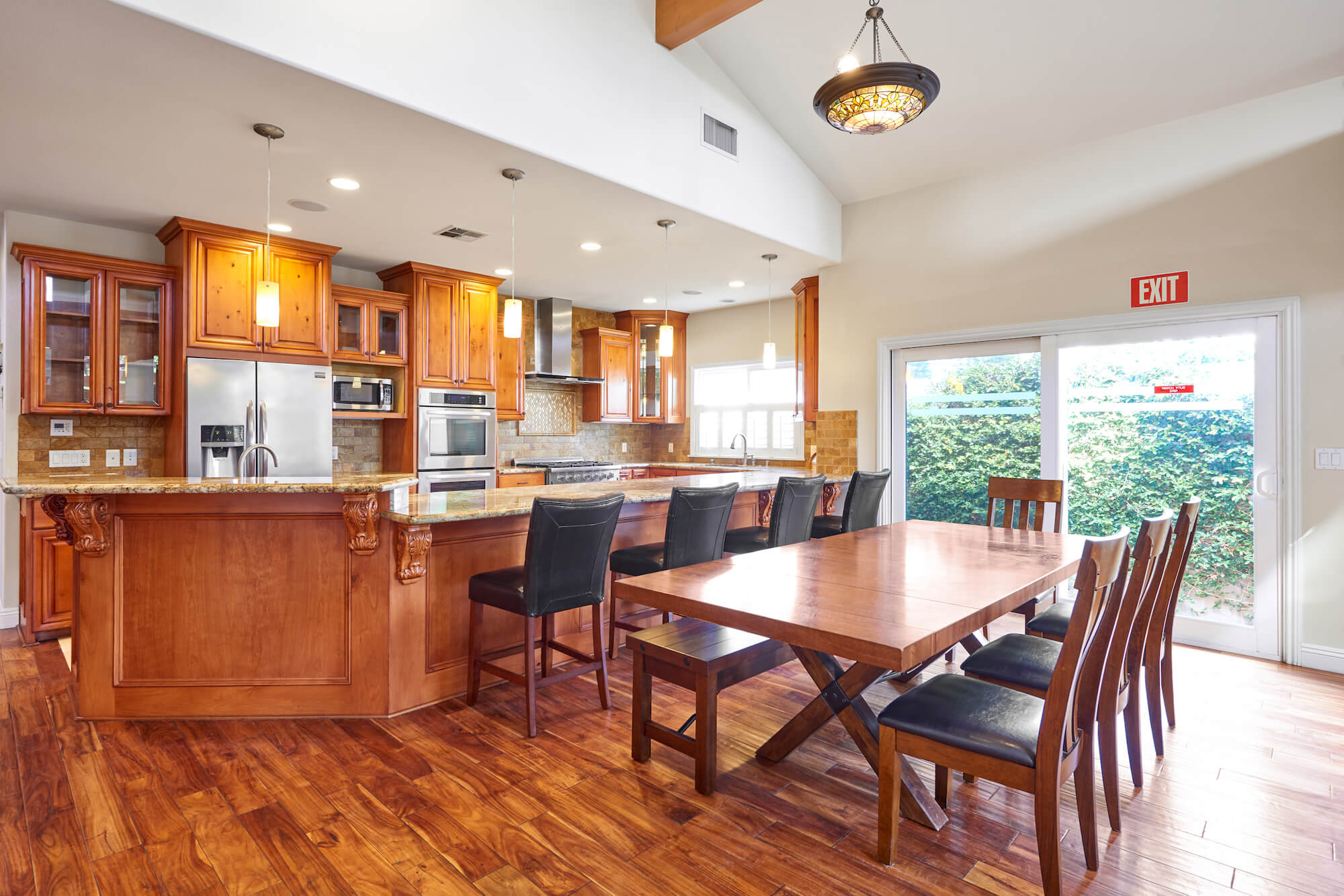
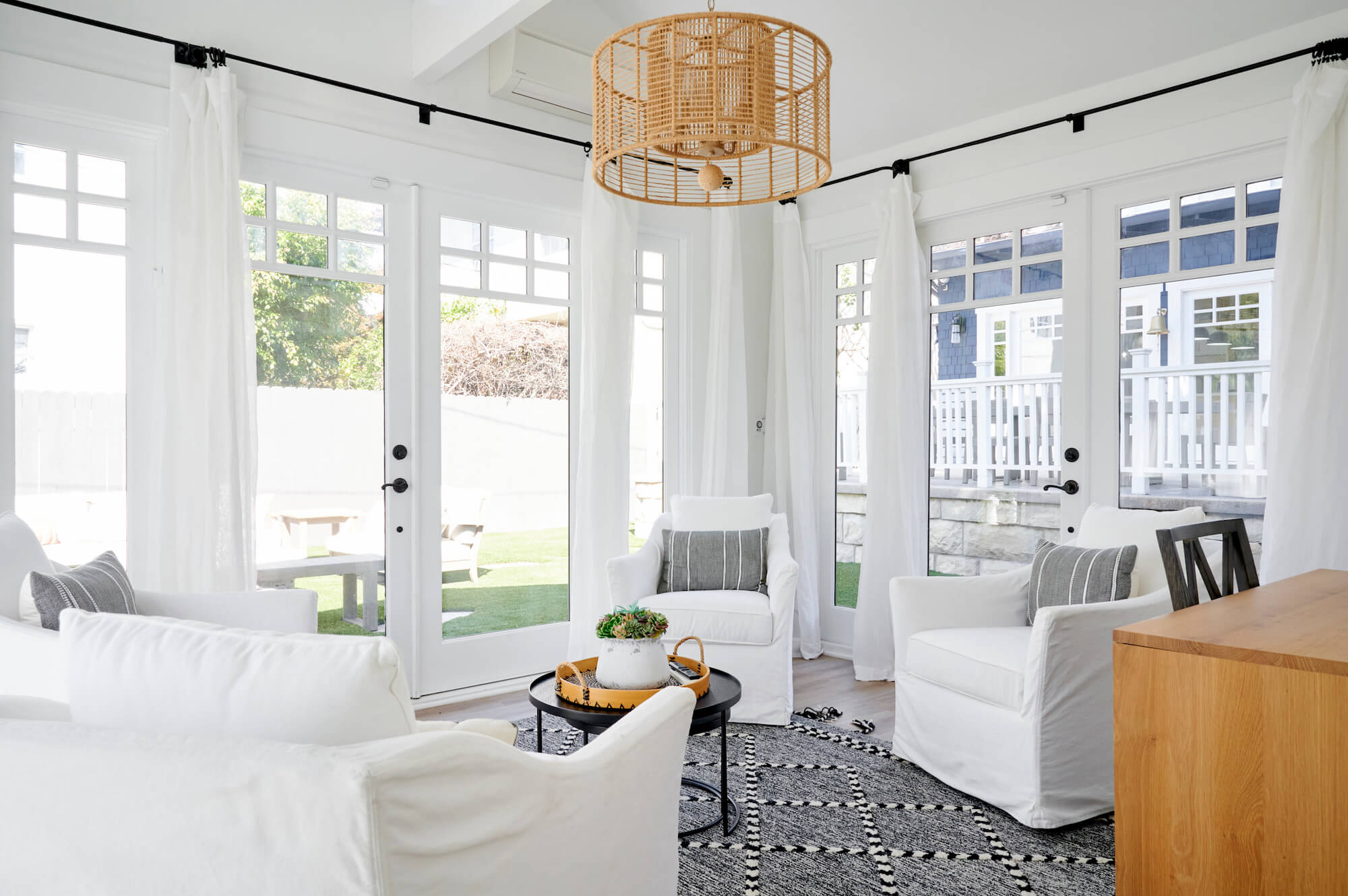

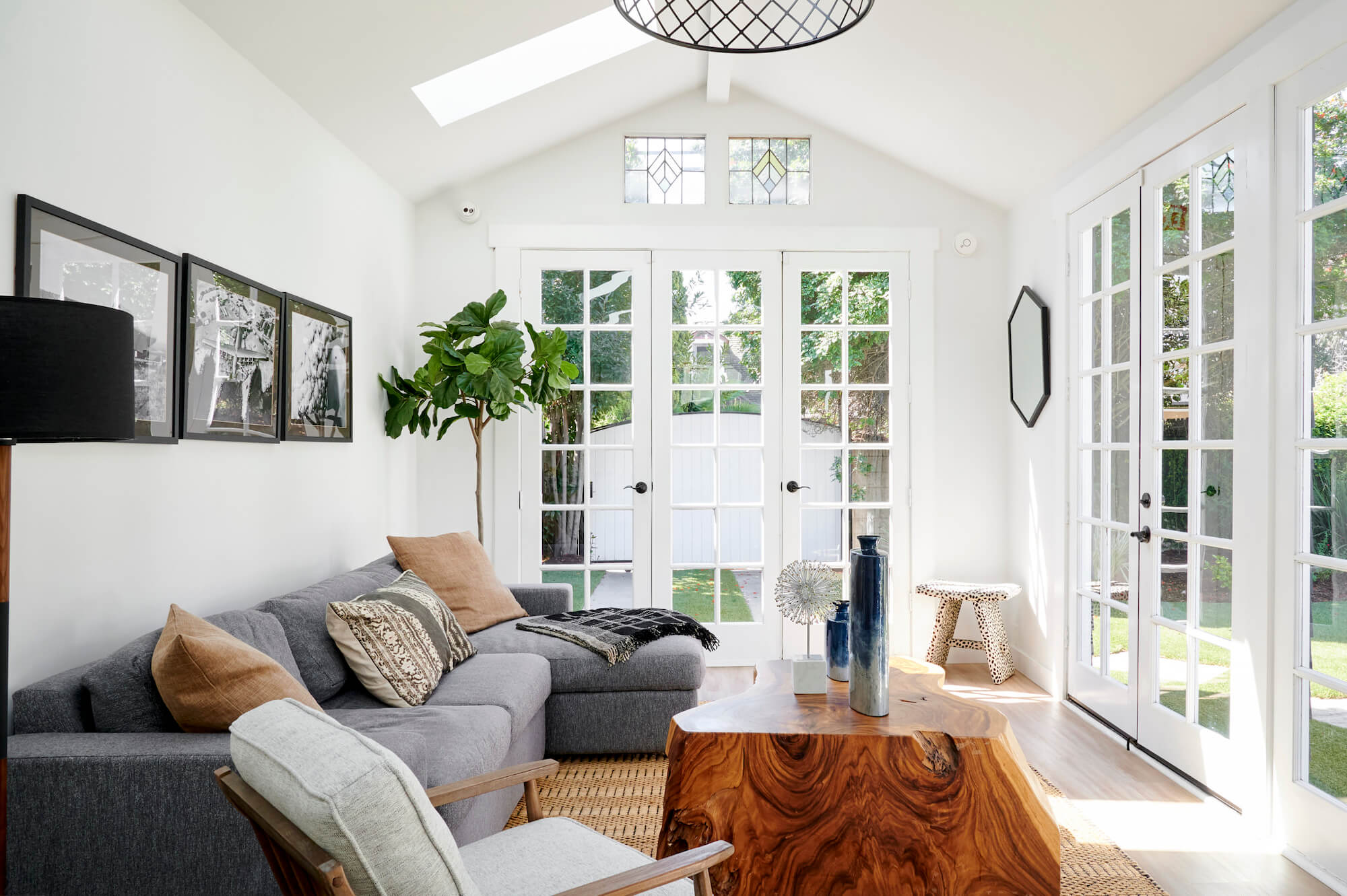
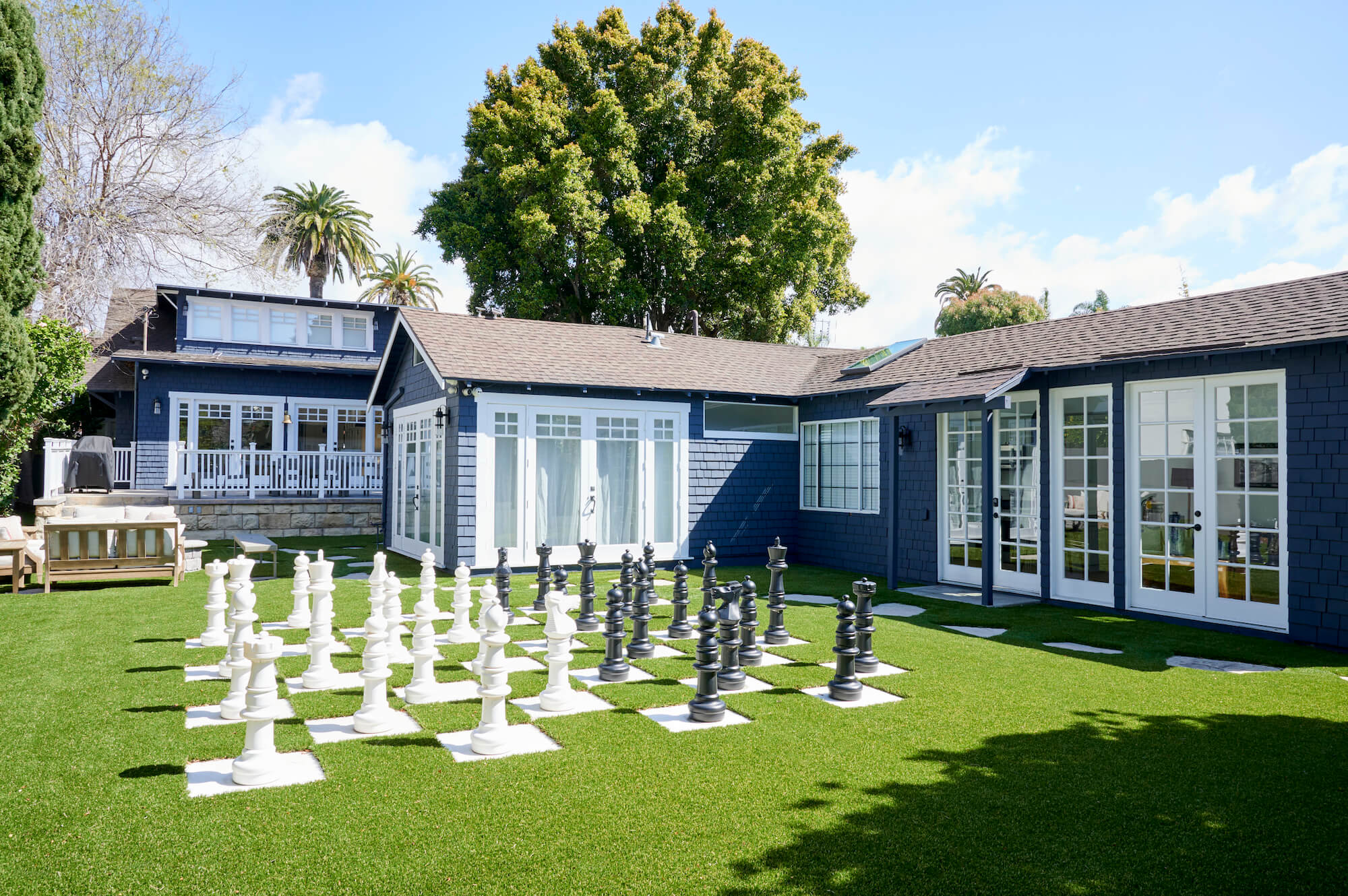
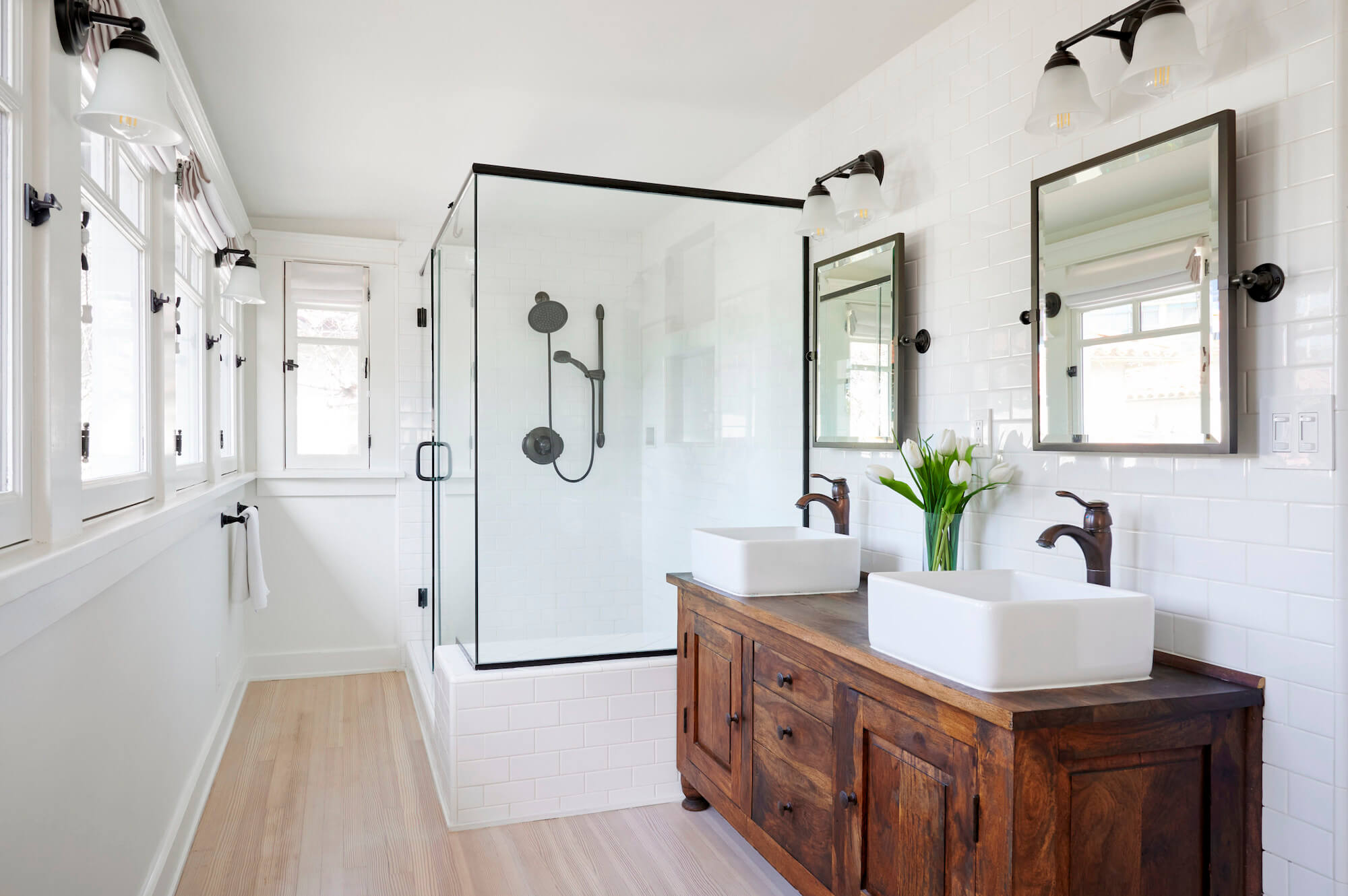
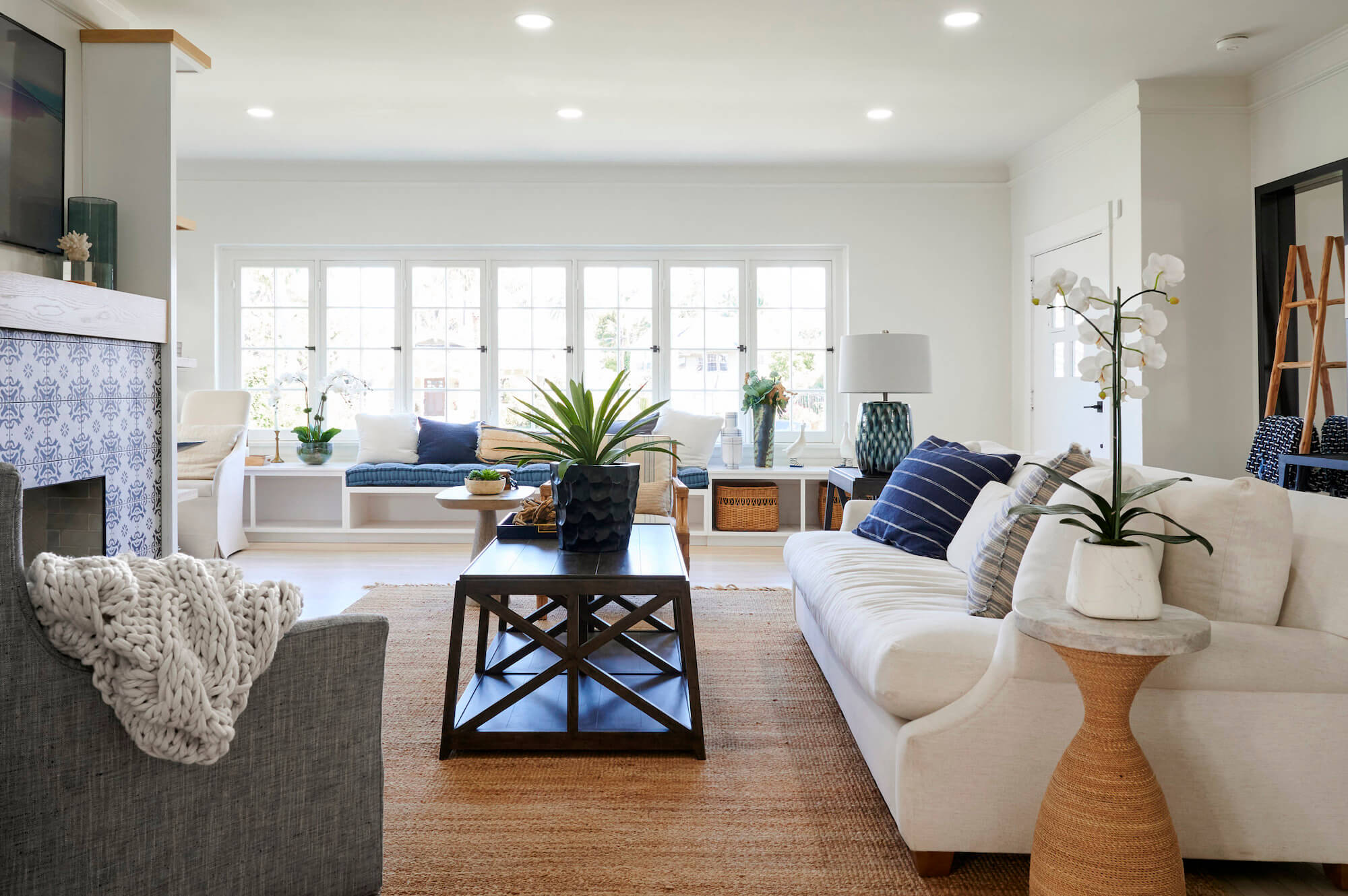
When you walk into Gratitude Lodge, you’re treated like family, not just another patient. With founders and many staff in recovery, we are a community built on empathy with a passion for helping others experience the freedom that comes from overcoming addiction.
Our program combines evidence-based treatment with facilitating deep connections & aftercare support to help you stay sober and plugged in long after treatment ends.





























Our Long Beach rehab’s adventure therapy program includes fun, community-building days out like:






At Gratitude Lodge, we know that one of the most important aspects of lasting recovery is finding new, healthy habits alongside a supportive community.
In addition to our evidence-based treatment program, our supplemental adventure therapy provides you with the opportunity to get out and experience fun, connection-building activities with sober peers.
At Gratitude Lodge, we know that one of the most important aspects of lasting recovery is finding new, healthy habits alongside a supportive community.
In addition to our evidence-based treatment program, our supplemental adventure therapy provides you with the opportunity to get out and experience fun, connection-building activities with sober peers.
Our Long Beach rehab’s adventure therapy program includes fun, community-building days out like:






Use our quick & easy insurance verification to find out if you’re covered for our Long Beach rehab. We work with most PPO insurance providers.








For many who struggle with addiction, getting plugged into a supportive aftercare and alumni network after leaving treatment can be a huge help with staying sober long-term.
To help you maintain a successful recovery after treatment, our rehab in Long Beach, CA provides you with:


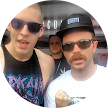
“For years I endured the wraith of substance abuse. Always trying to figure out why I can’t stay sober. I’m fortunate to have a found a place like Gratitude lodge. They helped me build a solid foundation to my sobriety and taught me how to stay sober. Staff is beyond amazing and listened when I needed it the most! Would recommend Gratitude lodge to anyone looking for a solution!”




The road to sobriety is easier when you’re surrounded by encouragement. Southern California rehab programs provide just that. Known for its strong recovery community and perfect sunny weather, SoCal is the ideal place to start fresh. Our Long Beach inpatient rehab center is close to gorgeous ocean views, relaxing beaches, museums, a bustling shopping center, and an aquarium.
At Gratitude Lodge’s Long Beach rehab, we believe that healthy activities help form healthy habits and lasting hobbies after rehab. When you stay with us at our rehab program near Carson and Cerritos, you’ll be close enough to surf the Pacific, practice paddleboard yoga, visit the dog park, or take a leisurely stroll at sunset along the beach.
With plenty to do and plenty of great people to meet, choosing a new path will be a breeze.
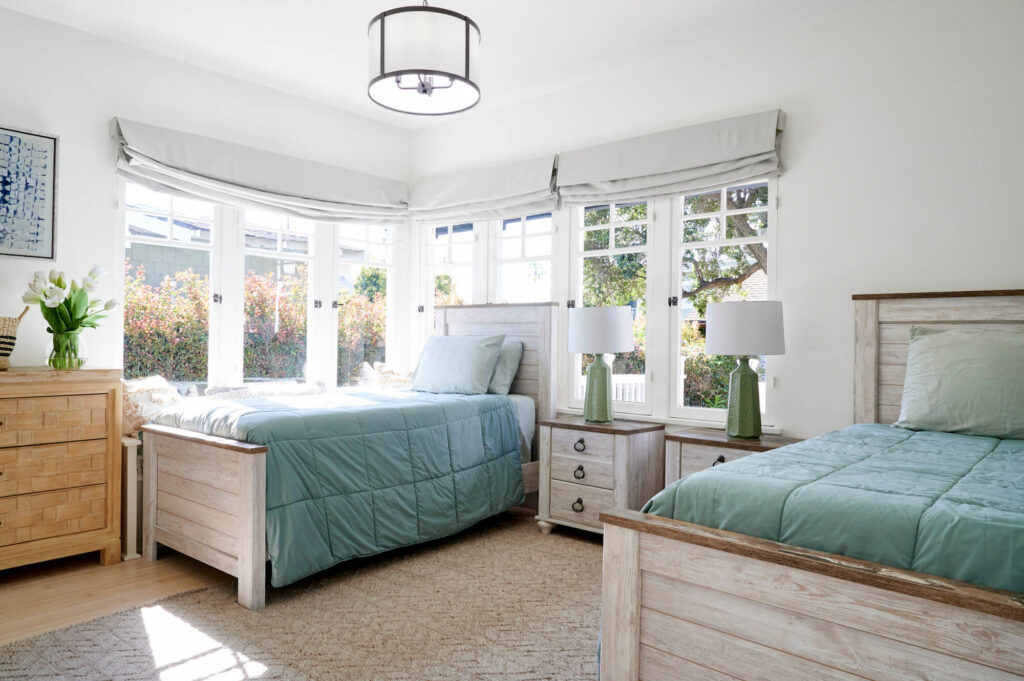

Situated on the picturesque coast of Southern California, our beautiful high-end rehab will immerse you in a beautiful, vibrant city with a variety of entertainment venues and natural attractions. Belmont Shore and Alamitos Beach are great places to relax and unwind, as well as a wonderful entertainment area in downtown Long Beach. If you are not based in California and are looking for an out-of-state rehab, you can’t do much better than Long Beach.
During your stay at our Long Beach facility, you will have convenient access to:
We provide substance-specific detox programs for a range of addictions at our drug and alcohol detox center in Long Beach, CA.
Click on the Detox Program to learn more!
Our luxurious Long Beach drug rehab is your destination for substance abuse recovery in Los Angeles County. Here, connecting to nature and practicing gratitude is made simple. In beautiful California, with steady sunny weather, you’ll have plenty of activities in to support your path to sobriety. Some of the more popular beaches in the Long Beach area include Hermosa Beach and Seal Beach, both offer stunning views of the water and a peaceful area to recover.
We’re a pet-friendly drug and alcohol rehab in Long Beach, so your dependable companion will be able to enjoy nearby dog beaches and dog parks. With many support groups located in the Los Angeles County Recovery Community, including in locations like El Segundo, Lakewood, Torrance, and more you’ll find it easy to meet like-minded people who have similar goals of maintaining a clean and sober lifestyle.

We offer advanced substance abuse counseling at our Long Beach location. Addiction counseling is a crucial aspect of treating drug addiction by addressing the underlying emotional, psychological, and social factors that contribute to addiction. Through counseling at our Long Beach rehab, you can gain a better understanding of your addiction, identify triggers and coping mechanisms, and develop strategies to overcome cravings and prevent relapse.
Counseling can help treat drug addiction at rehab in several ways, including:
One-on-one sessions with a licensed therapist can help you explore your thoughts and feelings surrounding addiction, identify the root causes of your addiction, and develop strategies to overcome them.
Participating in group therapy sessions can provide a supportive and non-judgmental environment where you can share your experiences and learn from peers with similar challenges. Group therapy can also help you develop healthy coping mechanisms and build a stronger sober support system.
Family therapy can help you repair relationships with your loved ones and address any issues that may have contributed to your addiction. Family members can also learn about addiction and how to support you in your recovery.

Yes, most major health insurance plans cover at least part of the cost of drug rehab in Long Beach. Gratitude Lodge is happy to work with most PPO providers.
The duration of drug rehab in Long Beach can vary based on several factors, such as the severity of the addiction, the type of treatment program, and the individual’s progress. Common inpatient programs last for 30, 60, or 90 days, while most outpatient programs last for several months.
Both forms of treatment offer access to the same therapies. Inpatient programs provide intensive therapy in a residential treatment facility in Long Beach. In contrast, outpatient programs involve therapy sessions during the week, after which you return home or to a sober living community.
A sober living community offers those in recovery a safe and supportive environment. Typically, sober living communities are structured as group homes, where residents share living spaces and communal areas, but are expected to maintain their sobriety and follow certain guidelines.
During drug rehab in Long Beach, you will participate in various therapies and activities designed to help you overcome addiction. These may include counseling, group therapy, and educational or skills workshops. You will also receive medical and psychological support to manage withdrawal symptoms and address any co-occurring mental health conditions.








Drug detox can vary according to the patient’s addiction factors, including the substance abused, how long the addiction has lasted, the patient’s medical condition, if any other disorders are present, and more. Our skilled and credentialed team at Gratitude Lodge work closely with every patient going through drug detox, facilitating the beginnings of a successful recovery at our rehab addiction centers in Orange County, CA.
Many patients don’t realize the toxicity of prolonged alcohol abuse and how it affects the body. Alcohol detox at the luxurious rehab addiction centers at Gratitude Lodge leeches your body of these toxins in preparation for successful treatment for drugs and alcohol abuse. Alcohol detox may not take as long or produce severe withdrawal symptoms, but it is still an essential beginning to your recovery.


Use Our 24 Hour text line. You can ask questions about our program, the admissions process, and more.